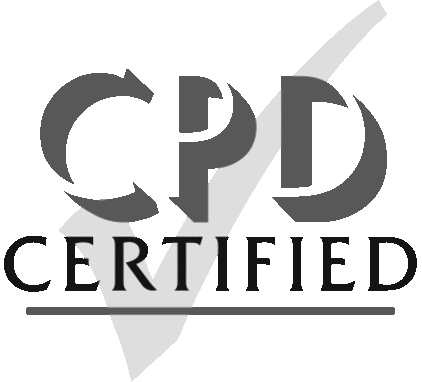Sook Za Kim
Korea Genetics Research Center, Republic of Korea
Title: 18-year follow-up of extended newborn screening for metabolic and endocrine disorders
Biography
Biography: Sook Za Kim
Abstract
Objective: To follow up Korean patients with inborn errors of metabolism and endocrine disorders and assess the long-term effectiveness of extended newborn screening in South Korea.
Method: From January 2000 to December 2017, tandem mass spectrometry and fl uorometry were employed in extended New Born Screening (NBS). Th e NBS program obtained dried blood spots from 283,626 babies 48 hours aft er birth and screened for galactosemia, Congenital Hypothyroidism (CH), Congenital Adrenal Hyperplasia (CAH) and 50 preventable inborn errors of amino acid, fatty acid and organic acid metabolism.
Result: 28 cases of amino acid disorders, 75 cases of organic acid disorders, 27 cases of fatty acid disorders, and 51 cases of urea cycle disorders were ascertained through NBS and subsequent confi rmatory laboratory tests.
Conclusion & Discussion: Patients with amino acid metabolic disorders, galactosemia, CH or CAH were more likely to have better long-term outcome, if detected early through NBS and actively managed. Early management of maple syrup urine disease led to much better prognosis in over 90% while in 32% of organic acidemias (MMA, PPA, IVA, GA) cases, early intervention still resulted in developmental delay and neurological problems. Fatty acid disorders showed varied outcomes; those with EMA and MCAD had good prognosis, but those with VLCAD had serious neurological problems and considerably higher mortality. Despite the NBS program, 75% with urea cycle disorders experienced serious neurological complications, and compared to other metabolic disorders, more patients died. Th e nation-wide NBS program must be accompanied by comprehensive longterm management and follow-up as well as physician education of inborn errors of metabolism for better outcome.

